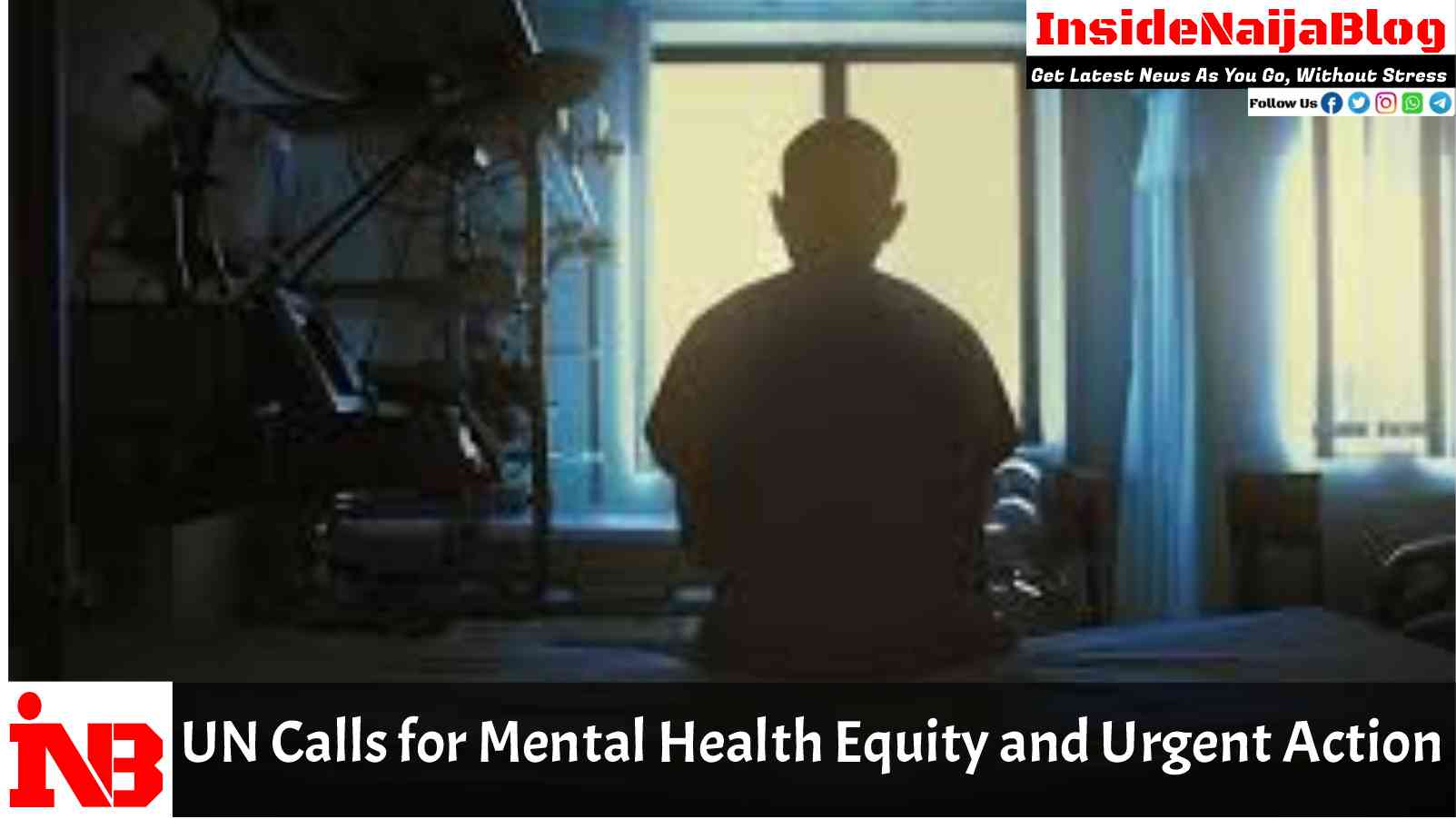Prof. Hadiza Galadanchi, Director of the Africa Centre of Excellence for Population, Health, and Policy (ACEPHP) at Bayero University Kano (BUK), recently highlighted the pressing issue of postpartum hemorrhage (PPH) and maternal mortality in Northwest Nigeria, where the region bears the highest burden in the country.
The Urgent Need for Action on PPH
Speaking at a women’s health seminar organized by the Centre for Communication and Social Impact (CCSI) in Kano, Prof. Galadanchi, represented by Prof. Baba Musa, stressed the critical need to tackle PPH, a leading cause of maternal death globally, particularly in Sub-Saharan Africa and Nigeria. The professor pointed out that Northwest Nigeria is disproportionately affected by this issue.
E-Motive Approach to Combat PPH
To address this, Prof. Galadanchi advocated for the adoption of the E-Motive approach, a strategy that has been shown to reduce PPH complications by 60%. This approach, tested through a trial in Nigeria and other countries, offers a structured plan to detect and manage PPH effectively. The trial’s success has led to its recommendations being adopted by the World Health Organization (WHO) and integrated into Nigeria’s national guidelines for maternal care.
Training and Support for Healthcare Workers
The E-Motive model helps healthcare providers to detect PPH early, intervene promptly, and prevent complications that could lead to maternal deaths. Prof. Galadanchi emphasized the need for continuous training of health personnel and creating the right environment to ensure successful implementation of this approach in hospitals and clinics.
Maternal Health Challenges in Kano State
Dr. Abubakar Labaran, Kano State’s Commissioner of Health, highlighted that 70% of pregnant women in the state still give birth at home, a practice that exacerbates maternal health risks. The government is working hard to reverse this trend by improving access to healthcare facilities and professional delivery services.
Role of the Media and Accountability
Yemi Abodurin, Senior Technical Advisor at CCSI, also addressed the role of the media in holding both the government and healthcare providers accountable for improving maternal health outcomes. He called for greater media engagement in advocating for maternal health reforms and ensuring that the appropriate measures are taken to address the health challenges faced by women in Nigeria.
By focusing on early intervention strategies, improving healthcare facilities, and fostering collaboration between government, healthcare professionals, and the media, efforts to reduce maternal mortality from PPH in Northwest Nigeria could significantly improve.




